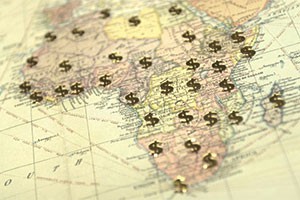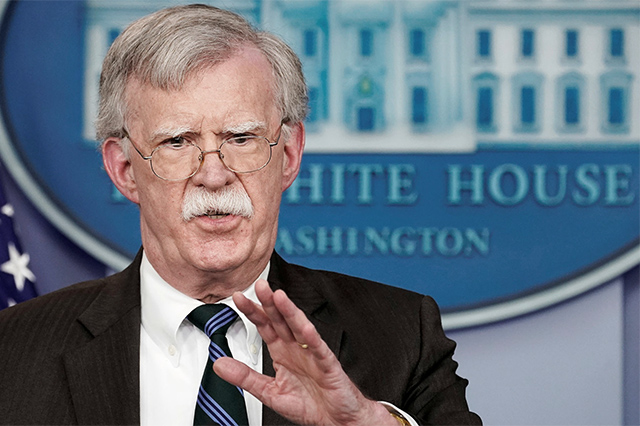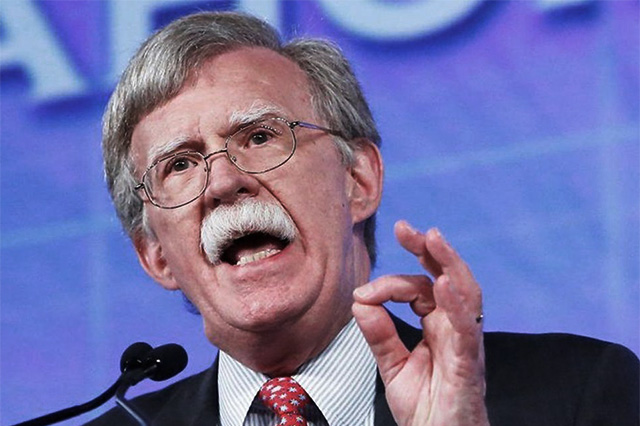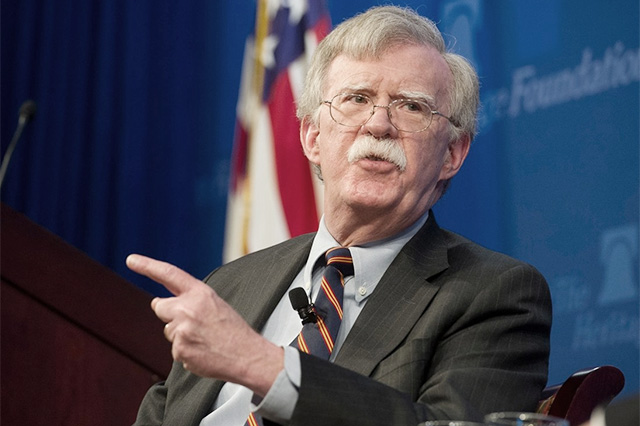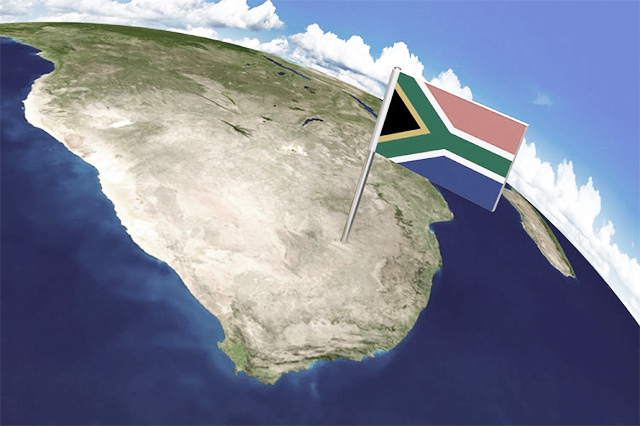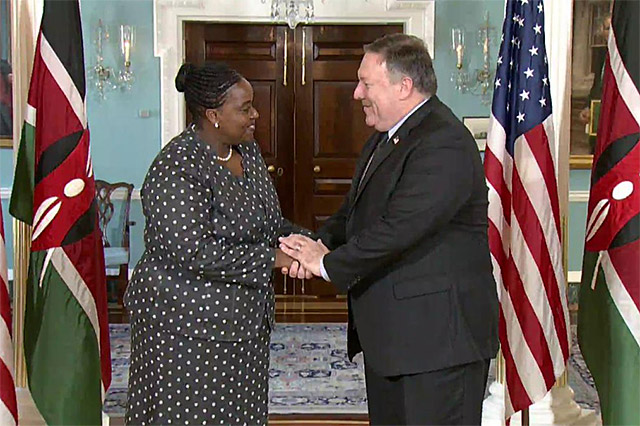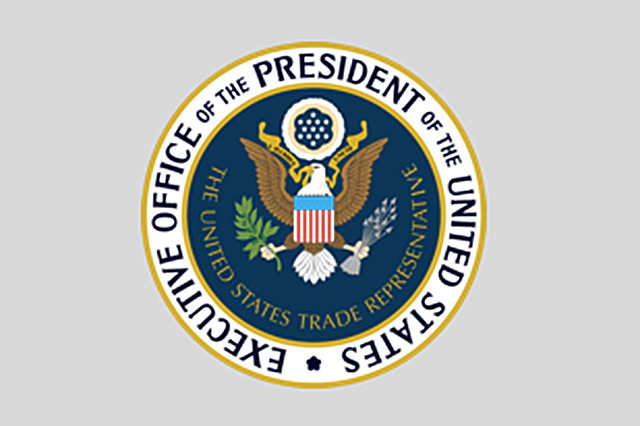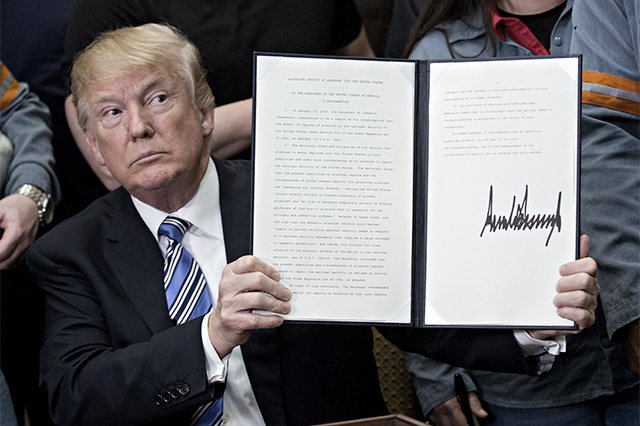Trump and Africa: reciprocity will be key
President elect Donald Trump made scant mention of Africa during his campaign: in fact, his engagement with the continent has thus far been limited to a handful of Twitter posts.
As such, any efforts to discern his Africa policy at this stage are speculative at best.
However, there is a general consensus that because other, more pressing, priorities are likely to get in the way, Trump will be restrained from implementing radical changes to US-Africa policy. A more aggressive stance may be adopted should trade deals hit American jobs – which they currently do not.
“If you’re looking at the broader picture of trade, I don’t think the Trump administration will be terribly antagonistic towards Africa,” says Frank Samolis, co-chair of the international trade practice at Squire Patton Boggs, who sits on the board of directors of the US-Africa Chamber of Commerce.
“Trade with Africa is not a case of displacing US jobs. It’s a case of promoting US interest and developing stronger commercial ties. So, it might lead one to believe that the Trump administration will actually try to foster more robust trade with Africa,” Samolis muses.
He suggests that the way in which it can do so is by making improvements to the Africa Growth and Opportunity Act (AGOA), a 16-year-old preferential trade agreement that provides duty-free market access to the US for qualifying Sub-Saharan African countries.
Some of these improvements may involve the liberalisation of restrictions that are holding back trade in textiles and apparel – sectors where Africa can produce products that can be competitive in the US market, for example, says Samolis, who believes that AGOA has been a major step in the right direction in promoting US-Africa trade relations.
The agreement, to its detriment, is a one-way privilege: African countries are not required to import US goods duty-free, and Trump’s experts are likely to pick up on this discrimination. Unlike with a free trade agreement, AGOA’s benefits can be cut and conditions imposed at any time.
In its favour, since most African exports to the US are natural resources or low-value goods, lobby groups rarely argue that AGOA has a negative impact on American jobs.
The Obama administration didn’t make any improvements to the agreement, and Congress waited until the last minute to renew it in 2015. The likelihood of Trump expanding or extending the agreement may be minimal. If anything, it’s probably due a reboot – one that will look at the obligations of reciprocity for participating nations.
Instead, Trump may prefer to focus on bilateral agreements that would bring about even greater mutual benefit for the US.
“I wouldn’t be surprised to see him reaching out to certain African countries to negotiate bilateral agreements,” Samolis tells GTR. “The US has talked about that with South Africa. It hasn’t really gone anywhere but I think it would be entirely consistent with Trump’s approach to trade.”
The potential response of African countries to such agreements is hard to gauge, but Samolis suggests that it may be an opportunity for certain countries to leapfrog ahead of their African neighbours if they have an interest in pursuing bilateral negotiations.
“That will take some time. In the meantime the focus still remains on AGOA. And all of the harsh rhetoric on trade that you heard during the campaign doesn’t really apply to Africa.”
Nonetheless, when it comes to aid, cuts to the US$7.1bn package that the US plans to deliver to Africa next year would chime with Trump’s populist rhetoric, says Ben Payton, head of Africa research at Verisk Maplecroft. “Trump has claimed that ‘every penny’ donated to Africa is ‘stolen’ and in 2014 he criticised Obama for helping fight Ebola.”
But, he explains, there are some grounds for hope that Trump will not make extreme cuts, even if aid spending is almost certain to fall. “[Trump] has acknowledged that aid can stabilise vulnerable countries, and has promised to ‘lead the way’ in Aids relief,” he says.
Outside of AGOA, a key business opportunity for the US is Obama’s Power Africa initiative, which was codified into law by the Electrify Africa Act earlier this year. It recognises that two out of three Africans lack access to reliable power and seeks to leverage private investment with public sector technical assistance. The Trump administration will likely continue to facilitate US investments on the continent, and this may include promoting the act. It could very well serve as a key component of the new administration’s Africa policy.
“If you look at all the infrastructure projects in Africa, that argues for a more involved US presence,” says Samolis.
Broadly speaking, he goes on to note that it would be in Trump’s interest to increase US trade and visibility in Africa to combat the influence of China. “Africa is still a bit of a battleground in terms of China vs US influence,” he says.
What he would like the US to do, he says, is engage with Africa in a way that puts the nation at a competitive position vis-à-vis the EU.
“Right now the US has AGOA and the EU has the economic partnership agreements (EPA). The combination of the two force African countries to choose between one or the other programme, thereby denying them certain trade benefits.”
In fact, back in July when the Transatlantic Trade and Investment Partnership (TTIP) was still very much alive, Samolis penned an article that spoke to the weaknesses of both agreements and called for a more radical approach to trade negotiations with Africa – one that would see the EU and the US co-ordinate on a more cohesive trade approach towards Africa.
He wrote: “This pause in TTIP negotiations, as well as a new administration and Congress in Washington, could provide all parties with more time to consider a broader transatlantic dialogue on trade with Sub-Saharan African countries…. Ultimately, any efforts by the US, UK and EU to harmonise their trade policies, such as the preferential treatment of goods, could further assist with increasing value-add commodities from Africa and in turn translate into sustainable development for the continent. If there is any silver lining in the dark cloud hanging over TTIP, perhaps it is the opportunity for all parties to step back from the negotiations and consider a harmonised Africa trade programme.”


